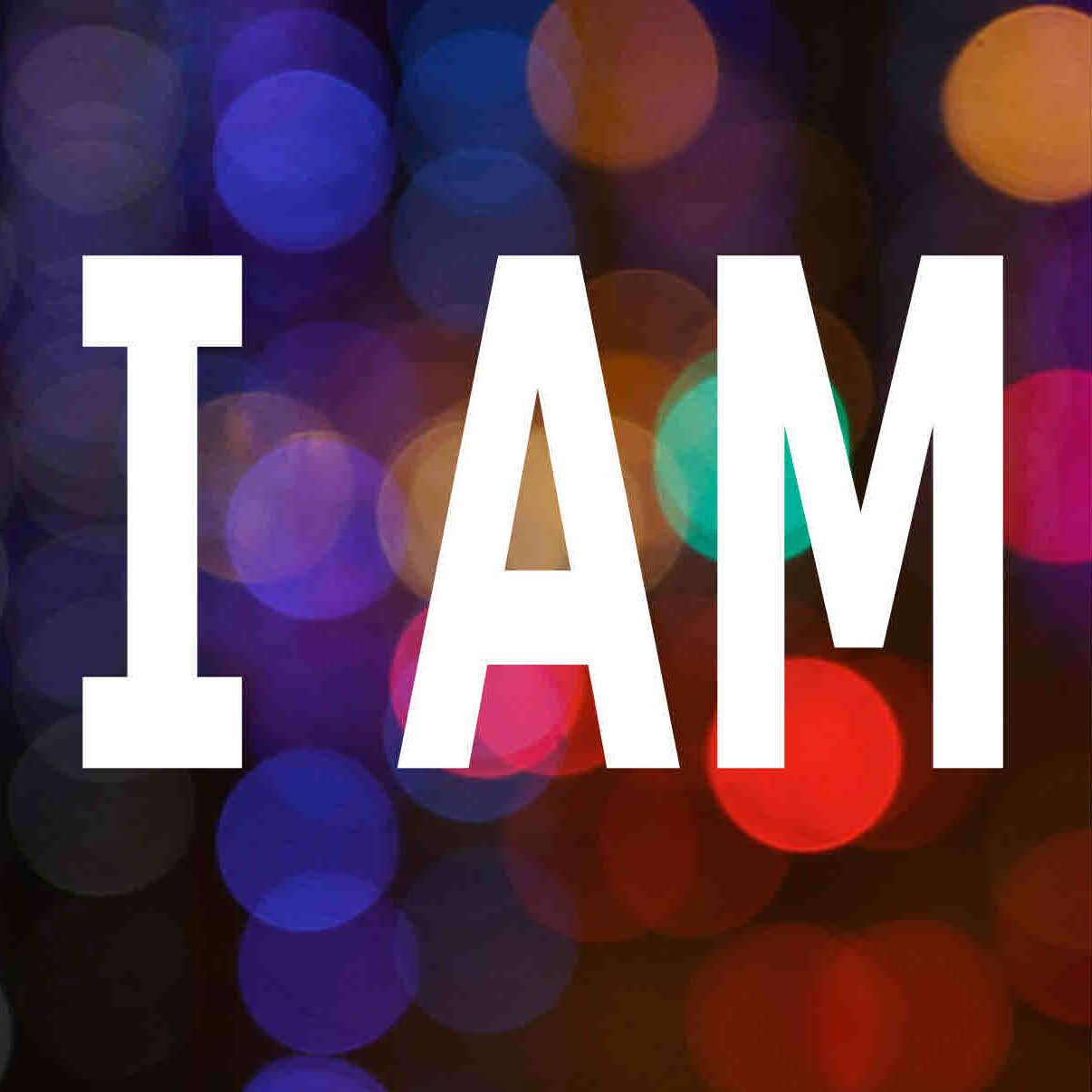John 4:1-26
Theme
What kind of Messiah is Jesus?
Questions
- This is the beginning of a season known as Lent (which runs till Easter), it’s a season when we especially focus on Jesus – who he is and what he has done for us. Share something of what Jesus means to you.
- The story begins by Jesus choosing to travel through Samaria. Jews and Samaritans were, historically, enemies. Why do you think Jesus chose to travel in the territory of Israel’s enemies – was it about taking the fastest route, or something more?
- Jesus is described as “tired” in v.6.
- Are you surprised to find that Jesus gets tired? Why/why not?
- Does Jesus getting tired make him seem weaker to you? Why/ why not?
- Why do you think John includes this detail in his gospel?
- The woman is shocked when Jesus asks her for a drink (v.7-9). Can you think of people nowadays who would be shocked if followers of Jesus reach out to them? How can you be the person who is willing to reach out?
- Jesus talks about the gift of living water (v.10-14):
- What is this living water that Jesus talks about – look back to Isaiah 44:1-5 and forward to John 7:37-44?
- What words in the description of living water in v.13-14 speak about something life-giving?
- In v.17 the woman tries to deceive Jesus – she doesn’t lie, but she also doesn’t tell the whole truth.
- Why do you think she tried to deceive him about having a husband?
- Are there things in our lives which we try to cover up from Jesus? Why do we do that?
- Jesus offers life (living water) to the woman, but he also wants her to be honest about the life she is currently living. Why is it important for us to face up to the realities of life before God?
- In John 7:37 Jesus calls all who are thirsty to come to him. Not everyone recognises their thirst. How does Jesus’ conversation with the woman help her to see her spiritual thirst?
- The woman came to the well for ordinary reason (to draw water), but the conversation moved on to something less ordinary. How can you take up opportunities in everyday life to share spiritual things with the people you meet?
- The woman has questions about life and faith, but she also has hope that these questions will be answered by the coming Messiah – to which Jesus says “I am he” (v.25-26).
- Do you think people tend to hope that life will make sense sometime in the future rather than now? Why/why not?
- How does knowing Jesus bring answers to some of life’s questions?
- When the woman goes back to her village she still has a question (see John 4:28-29). How do you think meeting Jesus both answers questions and creates more questions in your life?
